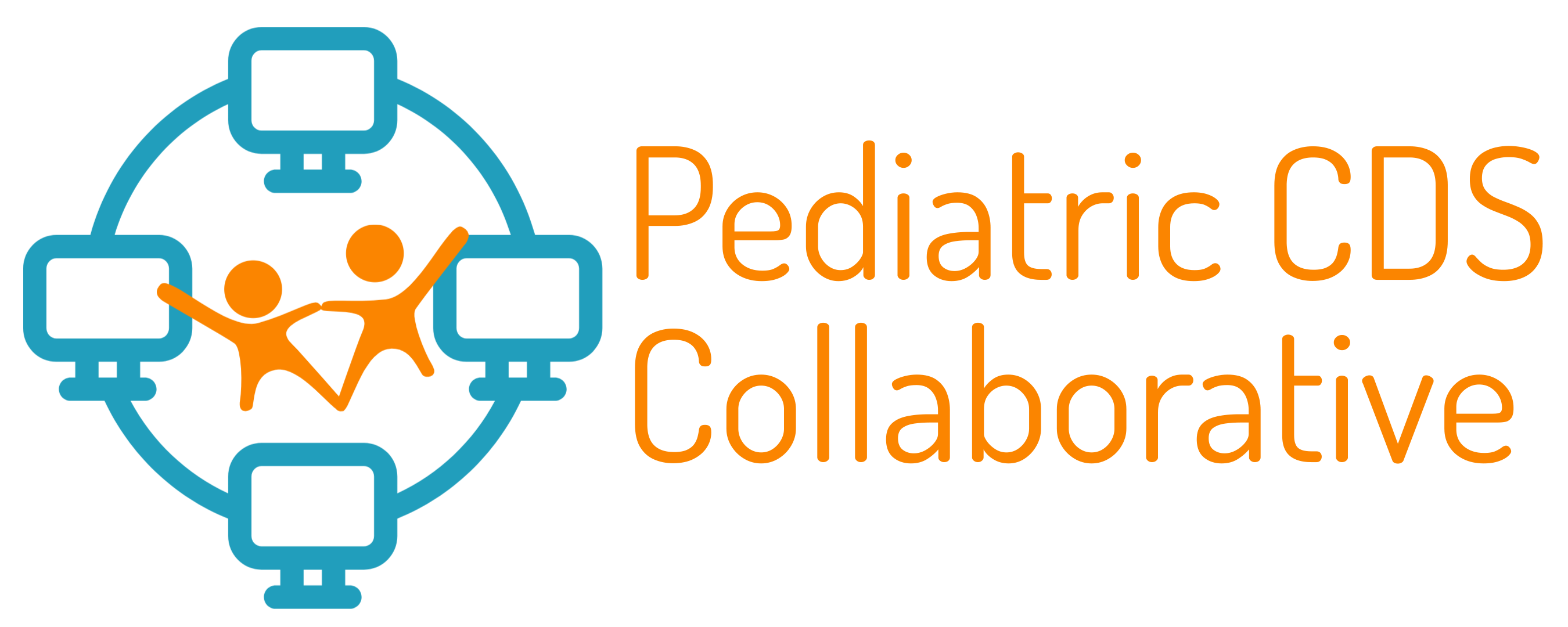Juan D Chaparro 1 2, Jonathan M Beus 3 4, Adam C Dziorny 5, Philip A Hagedorn 6 7, Sean Hernandez 8 9, Swaminathan Kandaswamy 3, Eric S Kirkendall 8 10 11, Allison B McCoy 12, Naveen Muthu 13 14, Evan W Orenstein 3 4
Abstract
Interruptive clinical decision support systems, both within and outside of electronic health
records, are a resource that should be used sparingly and monitored closely. Excessive use of
interruptive alerting can quickly lead to alert fatigue and decreased effectiveness and ignoring of
alerts. In this review, we discuss the evidence for effective alert stewardship as well as practices
and methods we have found useful to assess interruptive alert burden, reduce excessive firings,
optimize alert effectiveness, and establish quality governance at our institutions. We also discuss
the importance of a holistic view of the alerting ecosystem beyond the electronic health record.
Links
Affiliations
- Division of Clinical Informatics, Nationwide Children’s Hospital, Columbus, Ohio, United States.
- Departments of Pediatrics and Biomedical Informatics, The Ohio State University College of Medicine, Columbus, Ohio, United States.
- Department of Pediatrics, Emory University School of Medicine, Atlanta, Georgia, United States.
- Children’s Healthcare of Atlanta, Atlanta, Georgia, United States.
- Department of Pediatrics, University of Rochester School of Medicine, Rochester, New York, United States.
- Department of Pediatrics, University of Cincinnati, College of Medicine, Cincinnati, Ohio, United States.
- Division of Hospital Medicine, Cincinnati Children’s Hospital Medical Center, Cincinnati, Ohio, United States.
- Center for Healthcare Innovation, Wake Forest School of Medicine, Winston-Salem, North Carolina, United States.
- Department of General Internal Medicine, Wake Forest School of Medicine, Winston-Salem, North Carolina, United States.
- Department of Pediatrics, Wake Forest School of Medicine, Winston-Salem, North Carolina, United States.
- Center for Biomedical Informatics, Wake Forest School of Medicine, Winston-Salem NC, United States.
- Department of Biomedical Informatics, Vanderbilt University Medical Center, Nashville, Tennessee, United States.
- Department of Pediatrics, University of Pennsylvania Perelman School of Medicine, Philadelphia, Pennsylvania, United States.
- Department of Biomedical and Health Informatics, Children’s Hospital of Philadelphia, Philadelphia, Pennsylvania, United States.

